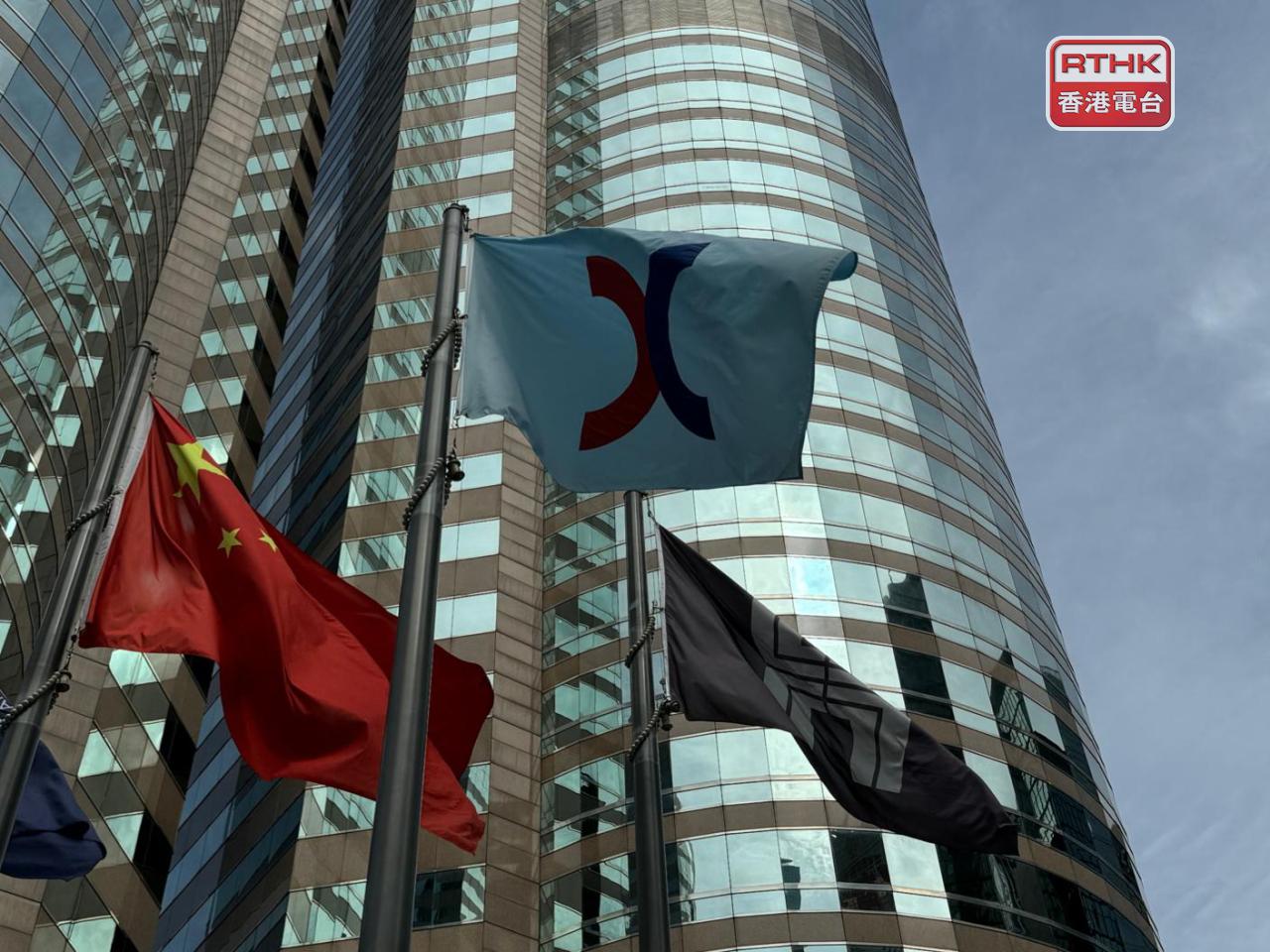Mainland and Hong Kong stocks rebounded on Wednesday as investors kept their hopes up for fresh monetary stimulus, overpowering concerns surrounding the renewed trade tensions between Beijing and Washington.
The benchmark Hang Seng Index ended trading for the day up 469 points, or 1.84 percent, at 25,910, snapping seven consecutive sessions of losses, its longest since January 2024.
The Hang Seng China Enterprises Index was up 1.89 percent at 9,250 while the Hang Seng Tech Index climbed 2.57 percent to 6,075.
Up north, the benchmark Shanghai Composite Index rose 1.22 percent to 3,912.21 while the Shenzhen Component Index closed 1.73 percent higher at 13,118. The blue-chip CSI300 index was up 1.48 percent.
The ChiNext Index, tracking China's Nasdaq-style board of growth enterprises, gained 2.36 percent to close at 3,025.
Deflationary pressures persisted on the mainland, with both consumer and producer prices falling in September, official data showed on Wednesday, as a prolonged property market downturn and trade tensions weighed on consumer and business confidence.
"Considering the slowing momentum in the third quarter, another month of deflation suggests that monetary policy easing remains on the table," said Lynn Song, chief economist for Greater China at ING.
"The recent escalation of tensions between China and the US ahead of potential talks between presidents Xi Jinping and Donald Trump at the end of the month could keep the People's Bank of China on hold for the rest of October."
An editorial by Qiushi Journal, a flagship party magazine, said the government would work on "boosting social development confidence, further stabilising market expectations, responding to market concerns timely and enhancing policy predictability."
Meanwhile, Washington could terminate some trade ties with China, including buying cooking oil, Trump said on Tuesday, when both countries began charging additional port fees on ocean shipping firms.
Separately, investors will focus on the Communist Party's Fourth Plenum, from October 20 to 23, which will outline the country's economic, political and social agenda as well as its development plans for the next five years. (Reuters/Xinhua)





